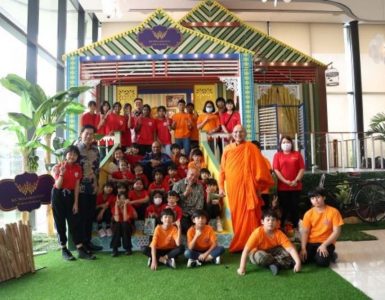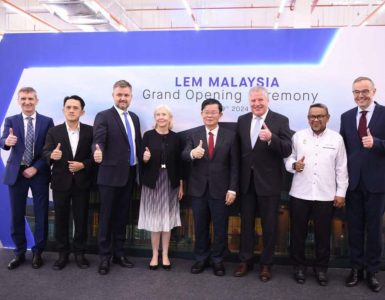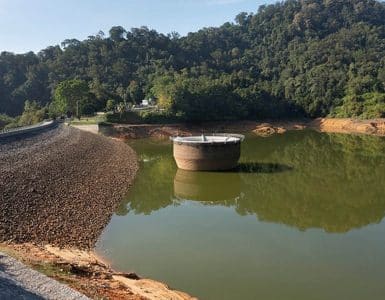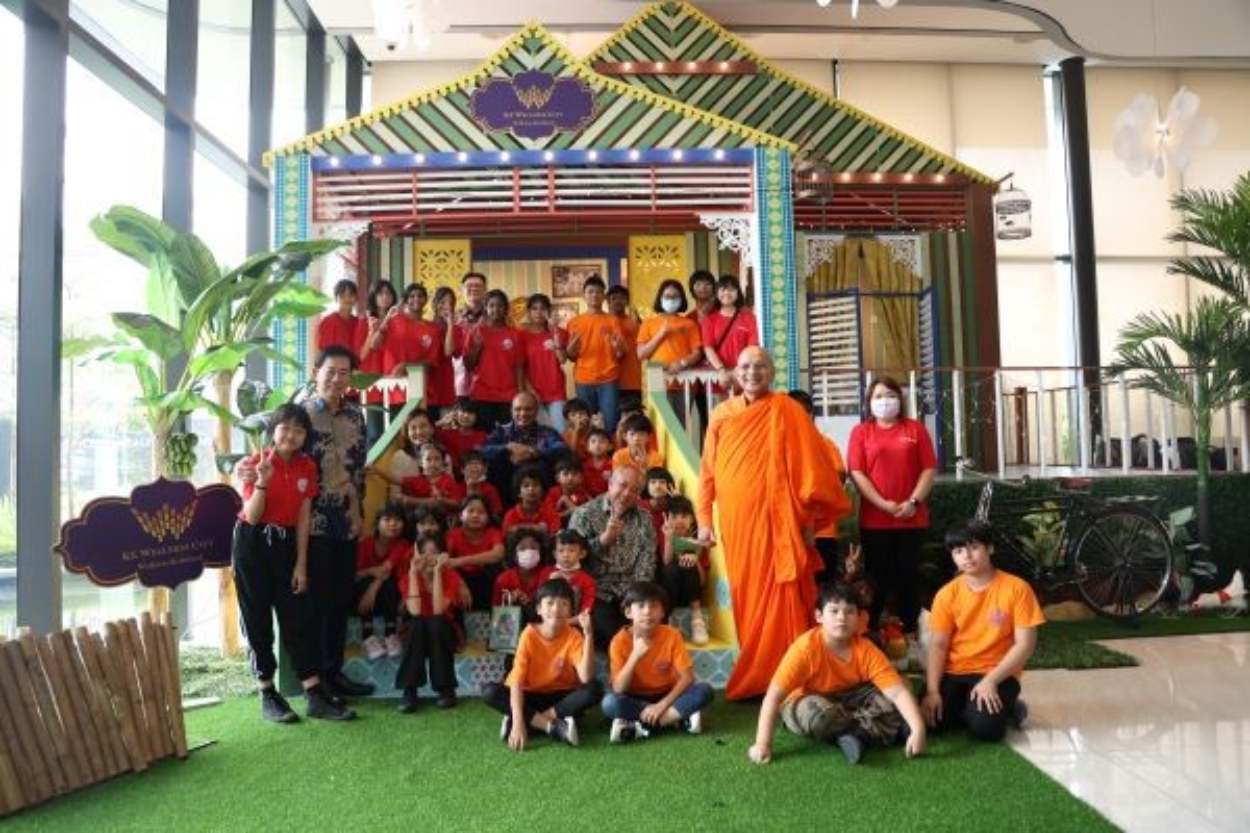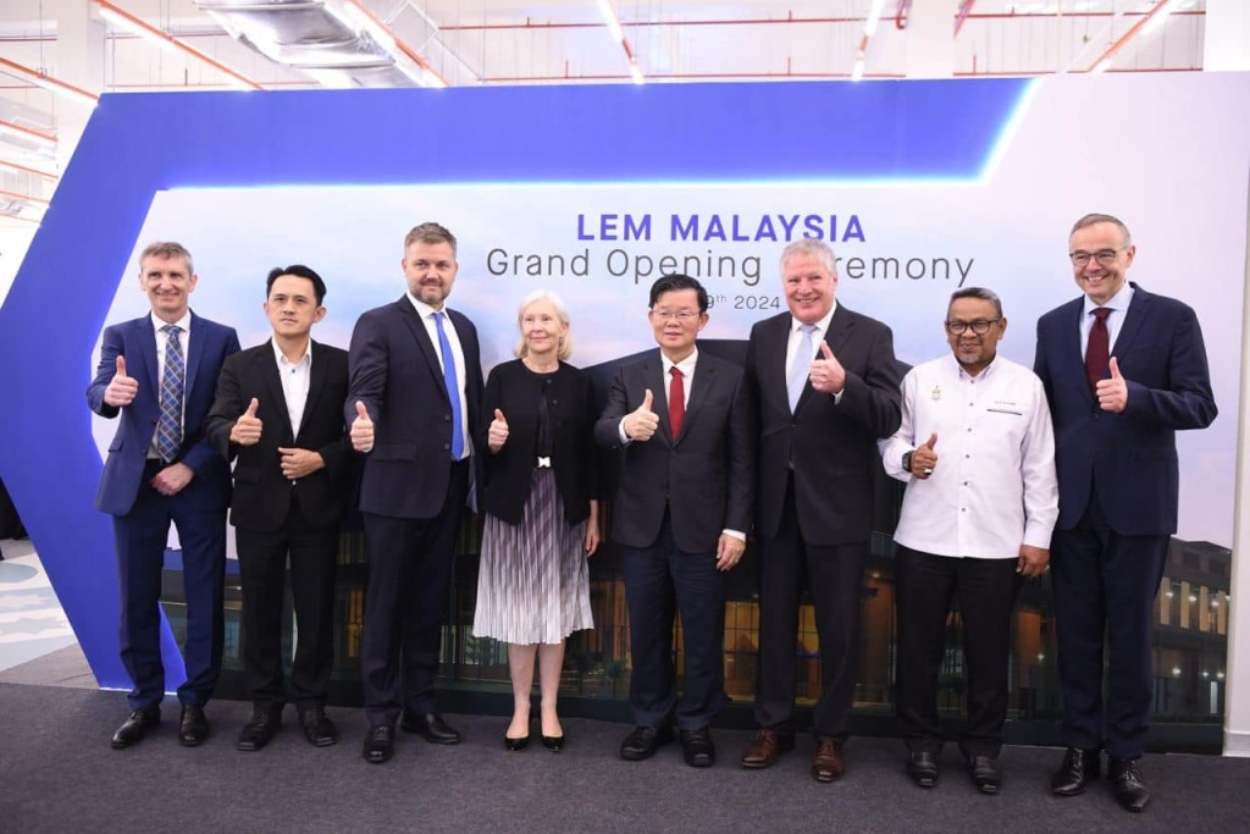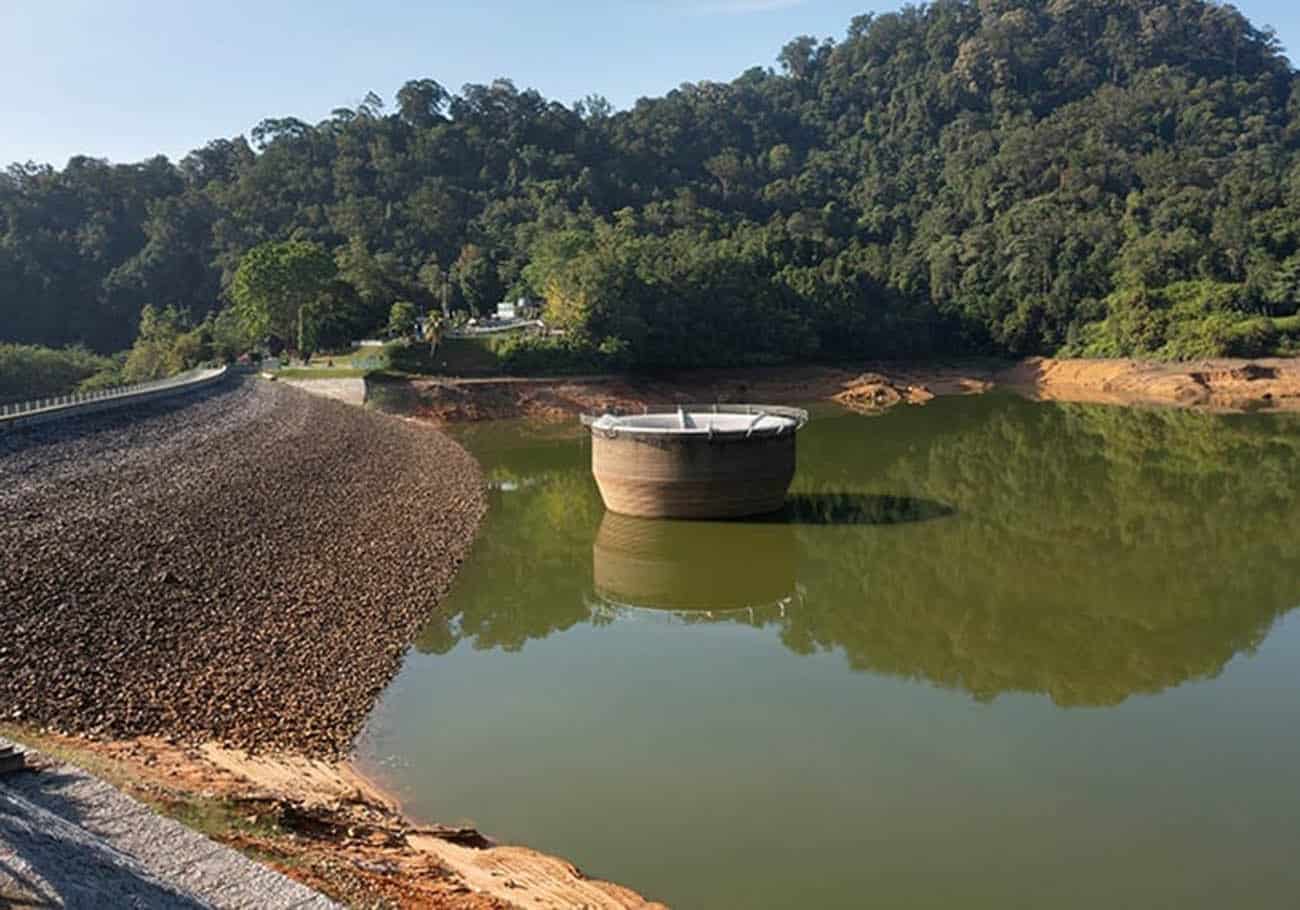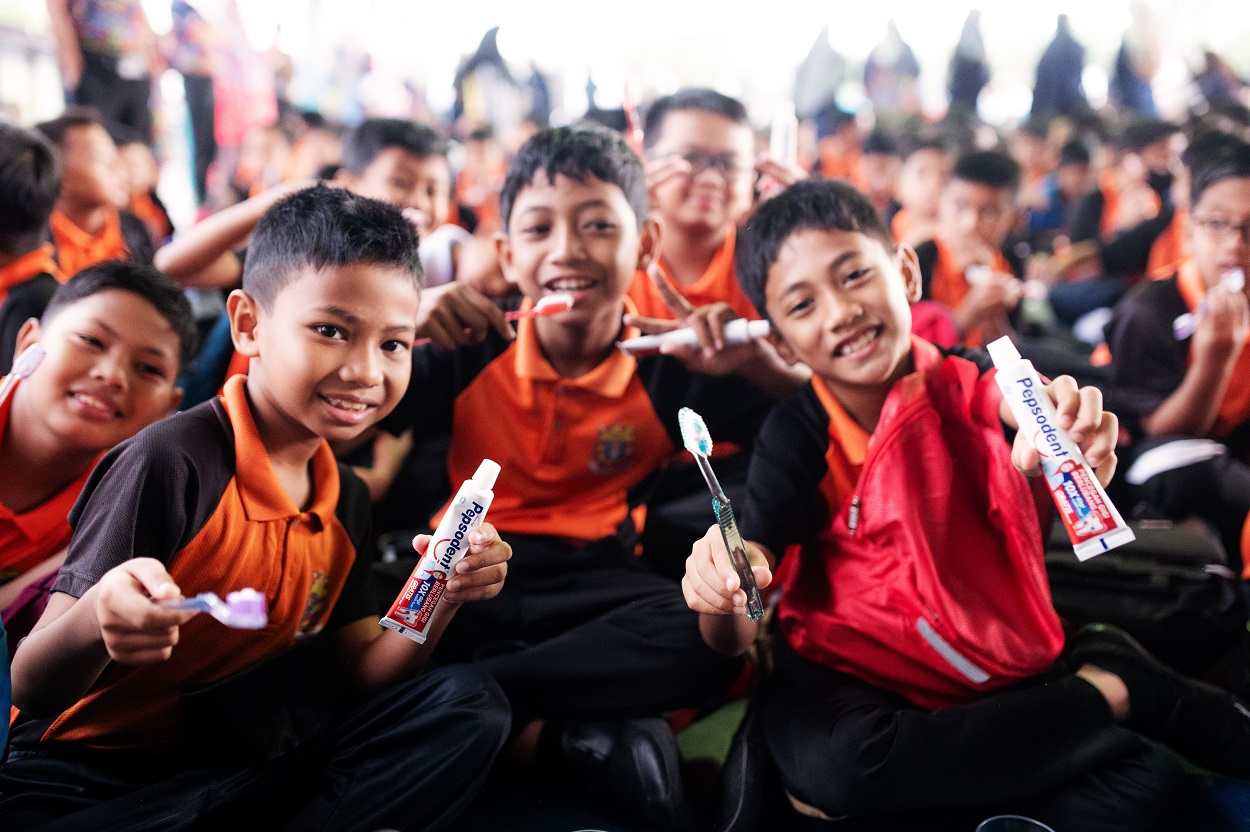The proposal to abolish the Cabotage Policy enforced on Jan 1, 1980 to limit the freedom of foreign flagged ships to transport domestic cargo to and from Sabah and Sarawak to other destinations is still being assessed by the Maritime Institute of Malaysia (MIMA) on its impact.
The policy stipulates that only Malaysian owned ships are allowed to be in the business of domestic cargo shipment to and from Sabah and Sarawak via Port Klang.
Due to pressure from the private sector that blamed the policy for contributing to business and transportation costs being passed on to consumers, the policy was partly liberalized on June 3, 2009 to allow a limited number of foreign ships to ferry goods to selected sectors without the need to apply for a domestic shipping license.
Late last month, the Oil, Gas & Palm Oil Supply Chain Forum 2011 was launched by Sabah Minister of Industrial Development, Raymond Tan in Kota Kinabalu.
In his address, Tan emphasized on building a sustainable future with the goal of providing maximum customer service at the lowest possible cost.
Attendees acknowledge that the future prospect for the supply chain professionals is bright with many untapped opportunities in Sabah with its vast natural resources.
Sabah is well poised as the country’s largest oil palm grower in acreage and by 2013, oil production output is expected to rise to barrels per day.
Supply Chain Asia organized the Oil, Gas & Palm Oil Supply Chain Forum 2011 as a platform to bring together all the players in the industry to discuss the challenges, issues and opportunities that it is facing today.
The theme of the Oil, Gas & Palm Oil Supply Chain Forum 2011 is to explore how business opportunities relating to logistics and supply chain in oil & gas and palm oil in Asia.
In addition, the focus of the discussion will also be on the existing challenges corporations faced in Sabah and Asia. Sabah needs more skilled workers in all sectors. Petronas is looking to hire another 500 skilled workers for the oil and gas sector in Sabah.
Panelists opined that the supply chain sector has huge potential for workers with soft skills other than just knowledge and experience.




